If you are one of those people who has around 200 photos of plants on the phone for no apparent reason and spends an hour and a half just deciding if you should use Sierra or Rise as your Instagram filter, then maybe you should consider enrolling in some photography courses.
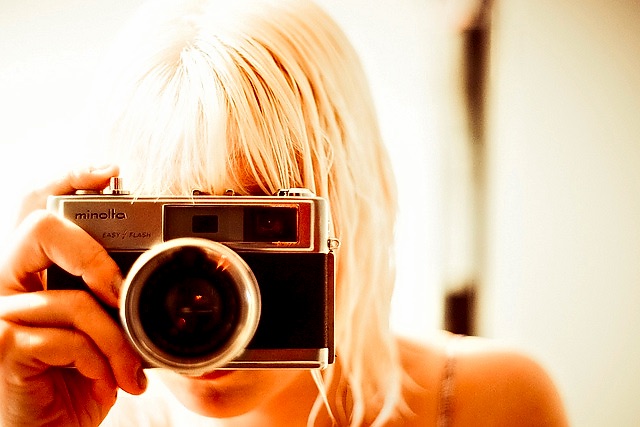
The beauty of photography is that it is accessible to anyone. You don’t need to have background knowledge on something or have a particular set of skills like drawing or painting to be able to take a photography class.
Talk about going from zero to hero!
But there are some things to keep in mind in case you plan on signing up for a class soon. So here I present you with 10 things to know before taking a photography course.
#1 You should consider you will probably not be using your iPhone to take the pictures.
Now, there are some photography courses and classes that are oriented towards learning how to use your cell phone camera to take good photos, but most of the time, courses are focused on real cameras.
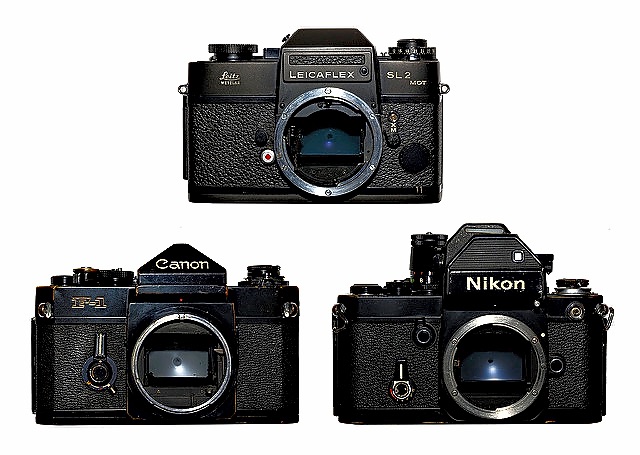
That’s not saying there aren’t some great photographers out there who use only their phone, but even if you have the ultimate, fresh-out-of-the market, i-had-to-queue-for-an-hour-to-get-it smartphone, it still doesn’t beat the possibilities that a good camera can give you.
In case you do just want to learn how to take good pictures of your cat on your smartphone and improve your selfie game, there are several online and even physical courses you can take, like iPhone Photography School and Henry’s School of Imaging.
This will often not require you as much time or money investment as a professional photography class, so it is a great option when your budget it short, or your time limited.
And move aside Kim Kardashian! Once you get some of those tips you’ll never be using your bad angle again.
#2 Good cameras are expensive.
Now, if your goal is not to dethrone the queen of the selfie game, you will most likely need to buy a professional camera.
There are professional cameras for every need and budget, but they are seldom cheap. This can give you time to think if this is a hobby or an investment, and how much you want to spend on a camera.
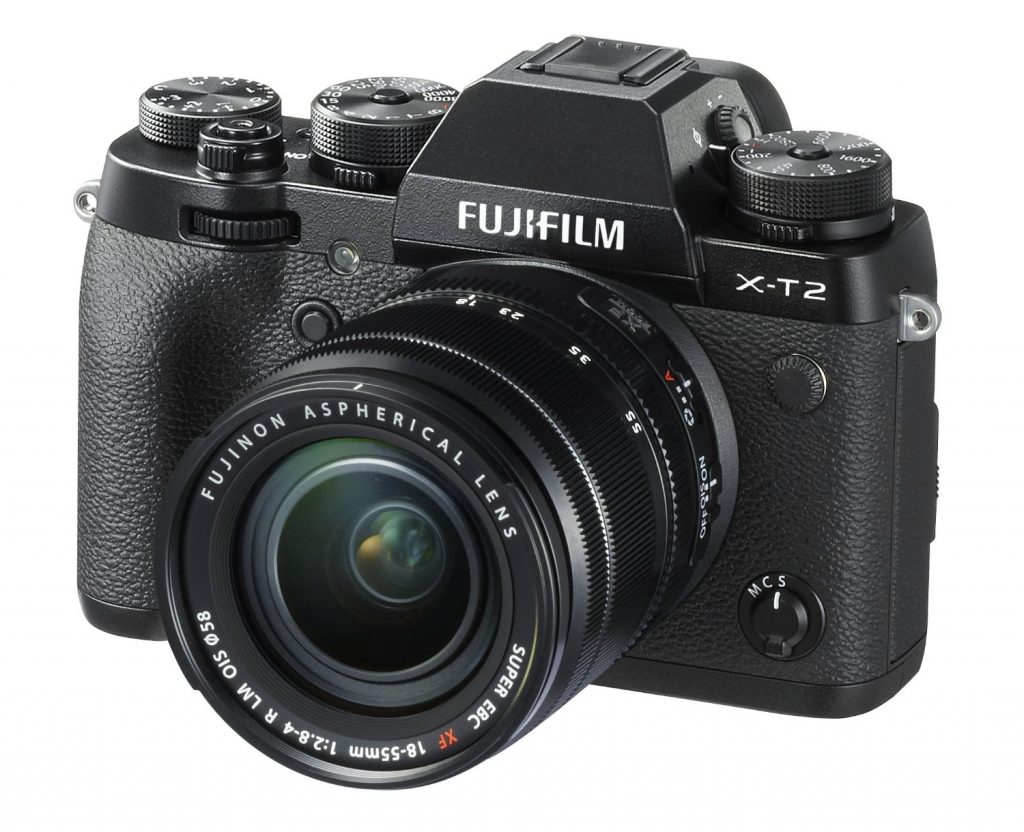
I would recommend you to get advice from a professional photographer, or even from the place you’ll be taking the course because a camera can sometimes be a make-or-break decision.
There are so many options to choose from, so many brands, types, and resolutions that it is best to “sleep on this” and not take it too lightly. After all, a camera can go from a few hundred dollars, up to a lot more than you can afford to waste if the camera is not good for you.
Also, you should consider the pros and cons of having an analog or digital camera, and the brand you’ll be using. The only harder decision than this one would be to choose whose character you hate the most, King Joffrey or Ramsay Bolton. Spoiler free, I promise.
#3 Not all courses are fit for the type of camera you have.
As I said on the subject before, cameras matter, a lot. And not all the courses are fit for the same kind of camera.
The first thing you need to differentiate is if it is a course designed for analog or digital cameras. If it is one and you have the other, the class might not be of a lot of help and you will most likely not be able to use all the content that you are receiving.
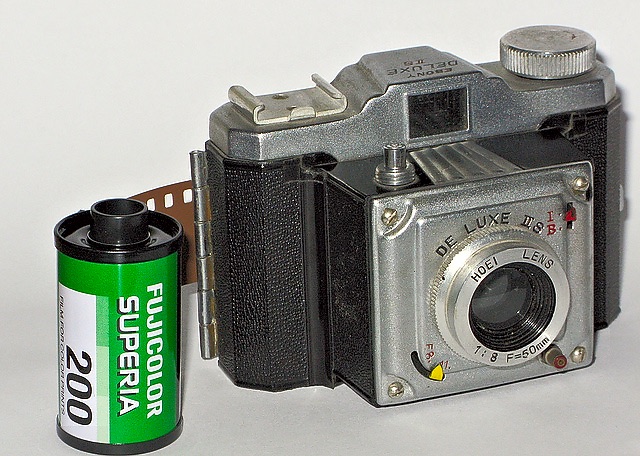
This would be a waste of money and time, so inform yourself, ask all the questions that you can beforehand, and if you want to, you can even bring the camera to the teacher-to-be for him/her to look at.
Another option is to enroll in the course first, and then to buy the camera. Although this is a somewhat good idea, you still have to be careful which photography class you sign up for, as you don’t want to end up having to buy a camera that’s twice your food budget for the year.
If you already have a camera, use this to orientate the search to find the right class for you. If you don’t, and have no idea what camera to choose, there are some courses which teach the basics, including how to decide on the best camera for you and the type of work you’ll be doing.
#4 That being said, investigate HOW to learn.
Either if you decide to enroll in an online class, or go to an actual classroom, do your homework and research before joining. Think about the benefits and downsides of both, and settle on a decision.
Online courses have the advantage of flexibility. You can often create your own schedule and study around the hours you have free. Sometimes you can even go at your own pace, and choose when in the week/month you’ll be taking classes.
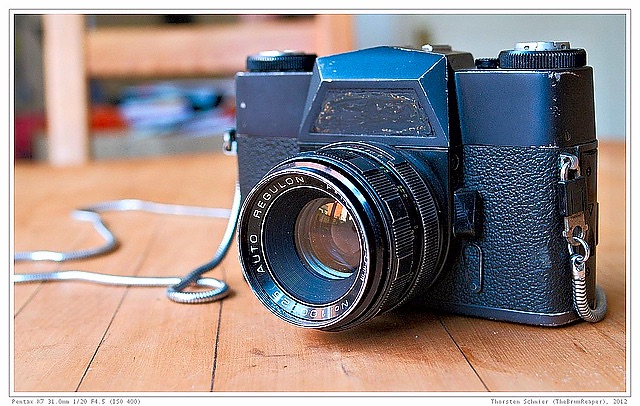
This is a great option if you are a busy person, who works, studies, and/or has kids (or all three if you are Wonder Woman).
So after saving the planet, you can just get home, put on your most comfy pajamas and start learning! Sounds like a great plan to me, if you add some food.
But the downside is that you don’t get to see the live action process of taking a picture, managing the space you’re in and several other things that can help you improve a lot.
And also, if you are one of those people who has kids running around the house, or a partner that just cannot find his/her head without you, or you just have a bit of a tendency towards narcolepsy every time you touch your bed to learn, you might want to go out into the real world.
The advantage of taking a live class is that you can get direct feedback and they can show you when you’re doing something wrong to correct you. And also, watching professional people take pictures can give you some examples of how to do it yourself.
The only bad thing is that people can often give you a weird look if you show up wearing your pajamas.
#5 And investigate WHAT to learn.
Even if you have knowledge of photography, you should always get to know the program of the class before enrolling. This is not only because the camera might not be the one you need, but also because you might be getting into something different from what you want to learn.
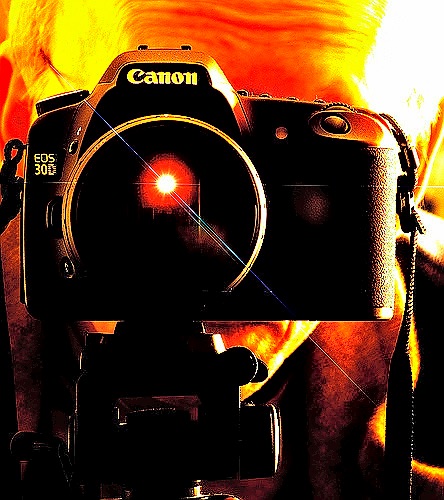
Photography, as an art form, is mostly based on illumination and use of space. There are some courses which focus on different aspects of the photography process, whether it is how to appropriately use the camera, how to frame the picture correctly, or otherwise.
If you have some experience and want to improve in a specific skill, you can take one of these programs. But if you are more like me and even some rooted and motionless trees get in the way of the photograph, it is best to take one that covers all aspects.
Some introductory classes give you the basics of photography, like the use of the camera and the ISO, while helping you frame and look for the best angle and light for your photographs to pop out.
#6 And WHERE to learn.
Once you know if you’d like to learn online, or in a face to face course and you’ve had an idea of where to start, you should consider where you want to learn it.
There is sometimes the same course given by different institutes, so you have to decide what is most important to you: if you want a renowned school, whose diploma can give some professional element to your resume, or a lesser-known, cheaper option, that can give you more free time to practice and improve.
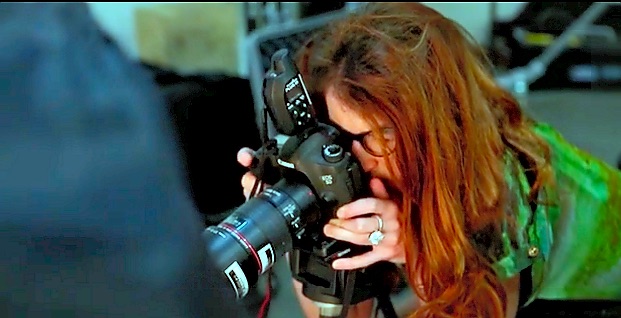
Not only this, but you should also consider that, if you decide to take a face to face course, you will have to practice, and the location is everything. If you are in a place where you can seldom see the outdoors, or on the city side, taking a landscapes course would likely require you to travel out of your area, and spend even more money on it.
This is a pros and cons kind of choice, and you should consider how serious you are about the photography path before choosing your location. Because some people see it as a professional career, there are many options to choose from, some cheaper or informal ones, and some expensive and professional ones.
Which leads us to the next topic…
#7 Photography is a career for some.
As I’ve said, if you just want to learn how to make a fantastic Instagram account or be the envy of your friends, there are photography courses where you can enroll, designed just for that.
But for some, photography is a career and a serious one for that matter. You should know that the Yale School of Art offers an MA in Photography, and some other schools like New York Film Academy or the School of the Art Institute of Chicago, are some of the top schools a photographer can go to.
This is a serious business, so if you really want to become a professional in the art of photography, you should know that it is really important to choose the right school for you, and according to your means.
As in most colleges, photography can get expensive. Just imagine how much Yale can cost!
And if you don’t want a college, photography courses can get expensive too. Maybe you decide against going to Yale to learn how to take pictures of your best friend’s wedding, but photography courses can sometimes be an investment too. So choose one that’s according to your budget.
And also know that not only will you have to learn how to take nice pictures of pretty things…
#8 You will have to study, hard.
Even photography has some science to it. If you want to study it professionally, you will most likely have to study things like correct proportion; how the camera, lights and equipment work; and many other things that might seem boring or unrelated.
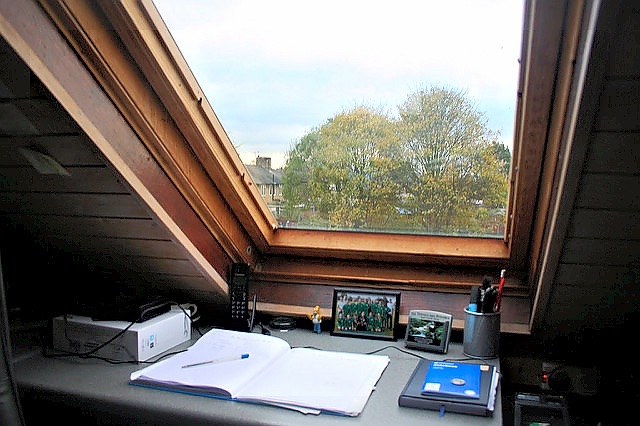
But, fear not! Some courses are designed for the needs and interests of each person, so if this is not what you are looking for, you can always just stick to taking pictures, and enroll in a course with only the basics. (But still, you will probably have to study.)
#9 Practices makes perfect.
So, study and practice! One thing you have to know for sure is that you will have to practice, a lot. You’ll end up taking pictures of some random things with every class, as you learn each new thing, and you will have to practice in your spare time.
Whether it is a picture of a dry leaf, a shoe or some risqué photos of a fruit, you’ll sometimes have to “shoot” random objects to understand and practice the techniques.
As you improve, so will the topics of the classes, and soon you’ll be able to decide what you want to take pictures of. Which now leads us to an important point…
#10 You have to, eventually, choose a specialty.
Most of the classes, after you’ve learned the basics, or even before that, make you choose the kind of pictures you are going to take.

You need to know if you are going to be capturing landscapes, or weddings, or food for magazines. You need to make sure you know what you want since the techniques are often different.
All techniques are different, and sometimes too much to cover in one class. So you will have to decide if your main interest is to photograph weddings, babies, landscapes or so on. This is the “genre” of the photograph, and most professionals have one.
If you would manage to find a course that covers every topic and kind of photography, which is kind of hard, you still will have to choose which one to develop more. It’s a bit like medicine- you can know the general, but you should find a niche and develop yourself in that area.
You can get as specific as you want in your course. You can find courses for specific types of landscapes, or models, like babies, or black and white, and so on.
#11 A step out of your comfort zone? How about a mile out?
If you do choose to take a photography course and if you are lucky enough to be able to afford one that’s more expensive; why not turn it into a vacation? There are photography classes all around the world.
If you already have to practice, why not do it while shooting at the best views you’ve ever seen in your life, and meeting some interesting and different people? The job of a photographer is ever-changing and very exciting, so if your forte is landscapes and you love to travel, why not do both?
Of course, this is an option more fit for some people, but even if you’re broke, you can still find a way to travel and take pictures.
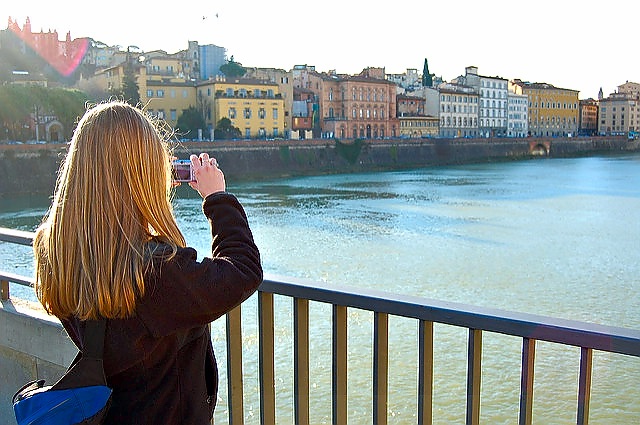
Eventually, the most important thing about it is the passion for photography.
If you like what you are doing, you will research, study hard, practice and find your forte. If you are into taking pictures, you’ll end up doing your homework and getting prepared for the classes beforehand.
You will try to choose the materials that are best for your needs and budget, and keep them in good shape. If you love photographs, you’ll be open to constructive criticism, and will try to learn from all the people around you.
So, if you plan to enroll in a photography class, the first thing you have to make sure is that you are willing to develop and have a passion for this art form.
Thanks for all advice on photography courses hope its help lot on my courses.
Great site, keep up the good work!